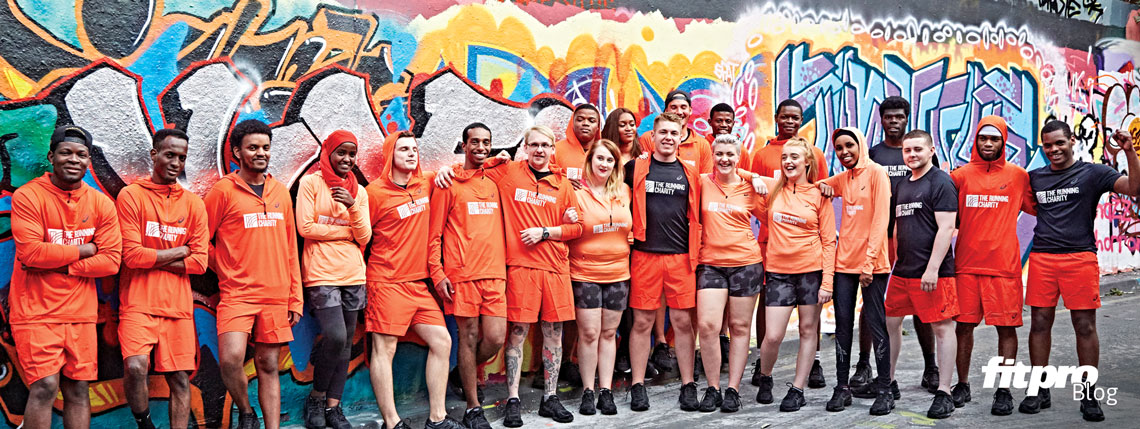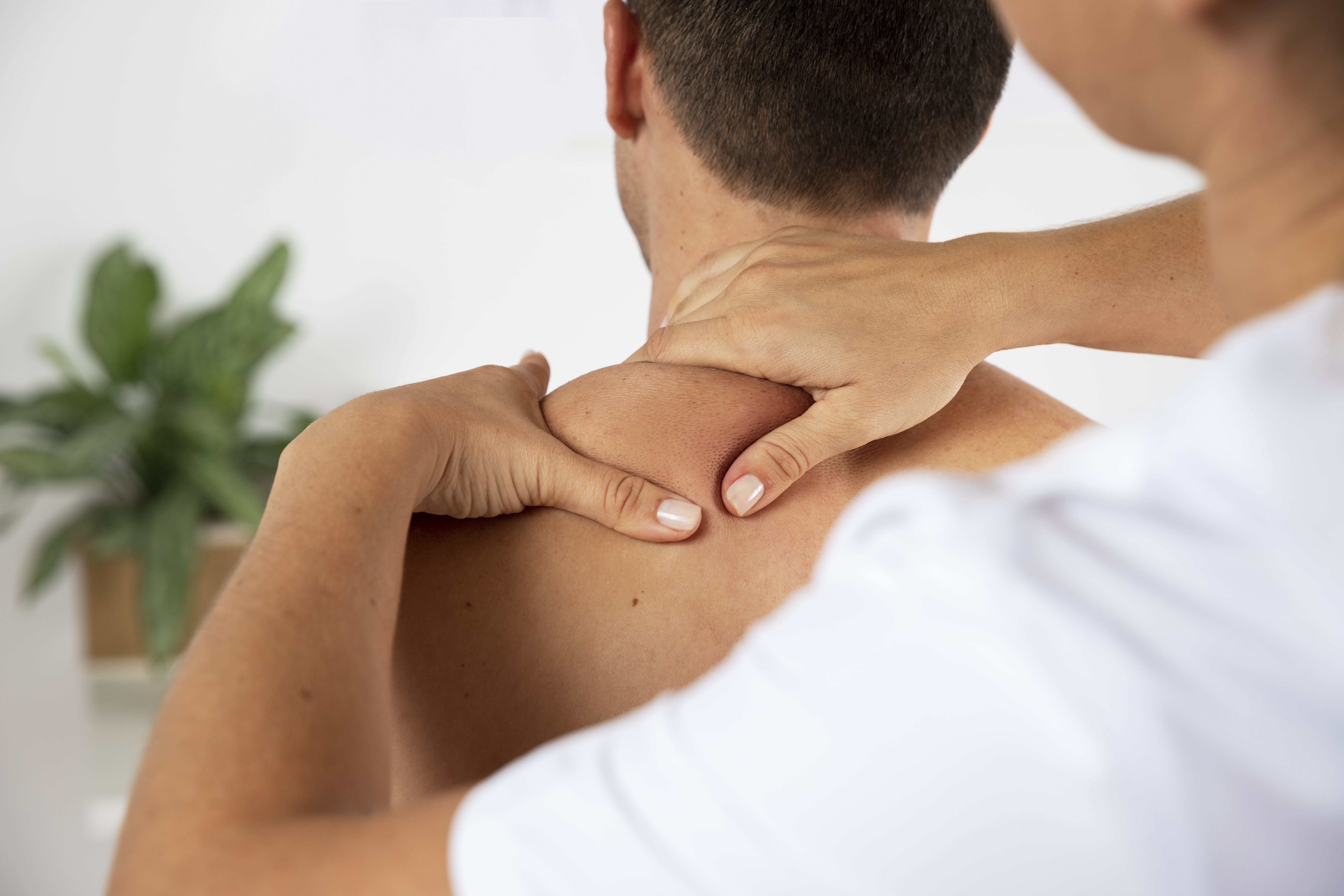Helping the homeless through fitness
The number of people sleeping rough in England has hit a record high according to official government figures. FitPro finds out what members of the health and fitness community are doing to try and help people who are homeless or at risk of becoming homeless.
Official government data shows that, in autumn 2017, the total number of rough sleepers counted and estimated was 4,751 – a rise of 15% on the autumn 2016 total of 4,134. Crisis, the national charity for homeless people, describes it as a “catastrophe” and warns that the true number of rough sleepers is far greater; its own research finds that more than 8,000 people are currently sleeping rough across England and predicts this will rise to 15,000 by 2026 if nothing changes. This, Crisis states, is on top of an additional 9,000 homeless people sleeping in tents, cars, trains and buses.
There are a number of fitness initiatives in the UK that have been set up to try and help homeless people or those vulnerable to homelessness. Back in December, the winter 2017 Fitpro magazine featured A Mile in Her Shoes, which runs running sessions in London to encourage “women who may have been affected by issues relating to homelessness to experience running as a way of exercising, socialising, boosting confidence and raising self-esteem.”
Another such initiative is The Running Charity, which delivers running and fitness programmes to homeless and at-risk young people throughout the UK. Last year, the charity worked with over 400 young people and has a small core team that helps lead and co-ordinate sessions, alongside facilitating a team of volunteers that are trained to help runners and fitness professionals make a lasting difference to the lives of the young people they serve.
“Our speciality is engaging disenfranchised, hard-to-reach social groups with sport – and specifically running,” the charity tells FitPro. “We are experts in bringing running into the lives of those who may have never even considered running to be ‘for them’ before.”
One of the people the charity has helped is Maria, who became homeless after escaping from an abusive situation in October 2015. Whilst homeless, Maria was admitted to a psychiatric hospital, where she stayed for six months. She was supported into temporary accommodation at one of The Running Charity’s delivery partners, where her mental health continued to have an adverse effect on her well-being, including her attempting to take her own life multiple times. Maria was persuaded by a friend to join The Running Charity in Manchester. The charity tells us, “Maria committed to more and more sessions; taking small steps, she began to increase her confidence and ability to socialise. This new-found control enabled her to build a supportive network of friends within the running sessions.”
Since then, the charity says Maria hasn’t looked back. Maria says, “I have made friends, fallen in mud and become the annoying, bubbly, creative mother figure for some of the people in the group.”
The charity concludes, “Running has provided Maria with the tools to take control of her life and, step by step, she is improving her health and her life. She has moved into a new home where she gets further support for her mental health and will continue running with The Running Charity.”
Liverpool Homeless Football Club is also working to help people who are homeless or at risk. Founded in 2007, the club “aims to provide the men and women of Merseyside free access to sports activities in a safe, non-judgmental environment.” The club offers training opportunities, sports sessions and health and well-being events, and states, “Through harnessing the popularity of sport we create a trusting positive support network, which can give our clients a framework to follow that can help them rebuild their lives, or just keep them on the right path and allow them to fulfil their own potential.”
The Dame Kelly Holmes Trust also runs programmes for homeless people, delivered by athletes who reached world-class level in their sport. The Trust states, “We achieve this by training and developing world-class athletes to deliver personal, social and emotional development programmes for young people facing disadvantage. Through transformational mentoring, young people become empowered to realise the attitudes and behaviours needed to lead a positive life. Our programmes are proven to have a lasting impact on the lives of young people and enable them to become healthy, achieve in education, enjoy career success and take part in meaningful activities.”
Where next? Read how gym equipment is not fit for the visually impaired.







